- Pool Chemicals
- 0 likes
- 19575 views
- 0 comments
The pH value in the pool informs us about the degree of acidity or alkalinity of the water. It is expressed on a 14-point scale. A liquid with a low pH is acidic, and a high pH is indicative of alkalinity. Crystal clear water has a pH value of 7. It is important to maintain the pH level of the pool water at 7-7.4. This affects not only the skin and mucous membranes of the water baths, but also the effectiveness of chemicals.
- pH is the most important parameter of water that should be constantly monitored
- The pH is checked with testers that show its level
- Too much or too little pH affects our skin and the action of chemicals
- The pH level is adjusted using pH plus and pH minus chemicals
Contents
- What affects the pH of pool water?
- How to check the pH of swimming pool water
- Colours on the strip tester
- The correct pH of swimming pool water
- How to lower the pH of swimming pool water
- How to increase the pH of your swimming pool water
- pH of pool water after rain
- Without the right pH, nothing will work
- FAQ - Questions and answers
Related articles

Pool chlorine, why use it
No one doubts that swimming pool water should be a source of relaxation and well-being. The fun can be ruined by particles of organic compounds and thousands of bacteria. That's why effective pool disinfection is so important. We achieve this through the use of chlorine.
Read more
Why is the pH of the pool water so important?
People who have never had contact with pool technology may be very surprised at how much work is involved in maintaining a home attraction. When they start studying the subject, it turns out that it is not enough to pour water into the tank and enjoy the bath. The swimming pool, like plants, requires care from us, but for any action to make sense - it is about the pH of the water
Read more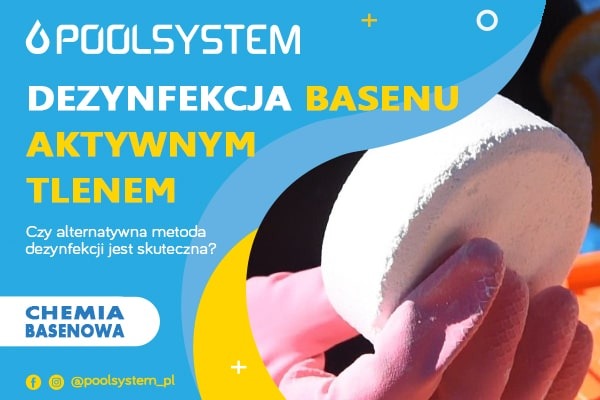
Pool disinfection with active oxygen
In order to maintain its purity, the water in the pool must be treated mechanically (filtration, water movement) and with chemical agents. Only a duo composed in this way will allow us to have crystal clear water, free from algae. That is why it is so important to disinfect the water regularly.
Read moreHow do I check the pH of my swimming pool water?
The ideal and optimum pH level for pool water is between 7 and 7.4. We need to regularly check that the pH is not too low or too high. How to do this: the pH of the pool water is checked using suitable testers. These take different forms and the user can decide for themselves which type is ideal for them.
The basic and simplest tool is the strip tester. Simply immerse it in water for a few seconds and remove it. The strip meter will change colour and you need to compare it to the scale on the pack. The colour closest to the one on the comparison scale will tell us what level the pH of the water is at. The strip testers available in our shop are multifunctional. They allow you to test not only pH, but also chlorine, hardness and alkalinity.
There are also hand-held tablet testers. Their principle of operation is slightly different. Take pool water into the tester container, drop in a tablet, stir until the tablet dissolves and compare the colour of the solution on the scale. The result will tell us what pH level the water has. You can purchase two types of this test in our shop. One will additionally measure the chlorine level and the other the oxygen level. Choose the right one for you depending on the water disinfection method you use.
A more expensive and sophisticated tool are photometers. These are electronic devices that measure various water parameters. The solution is aimed more at hotel pools and public swimming pools, but also at private individuals who want to measure water parameters accurately. Owners of public facilities have an obligation imposed by the Minister of Health to analyse the state of the water. A vial with a water sample is inserted into the device, and it analyses the composition of the water and provides the pH level and other values.
Najbardziej zaawansowaną technologią stosowaną w prywatnych basenach są automatyczne stacje pomiarowo-dozujące. Urządzenia te wyposażone są w sondy pomiarowe, które stale monitorują parametry wody i w razie konieczności automatycznie dozują środki chemiczne. Sondy wymagają regularnej kalibracji, jednak to bardzo wygodne rozwiązanie. Urządzenia te stosuje się przy profesjonalnych basenach prywatnych i publicznych. Dzięki nim właściciel nie musi się martwić o wodę w basenie, gdyż urządzenie zadba samo o jej idealne parametry.
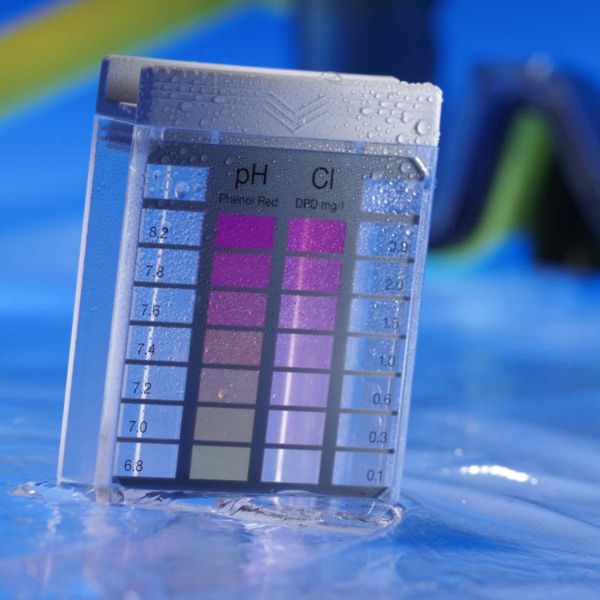
Useful products
Electronic pool pH tester SD50 LOVIBOND
Free chlorine measurement tablets for the pool hand tester DPD 1 RAPID 500 PCS. LOVIBOND
3-in-1 pool photometer measuring free chlorine, total chlorine and pH MD200 LOVIBOND
pH measuring and dosing station for pools of up to 90m3 AUTOMATIC pH BAYROL

Colours on the strip tester
The meter on a strip tester can take on a variety of colours from red through green to blue and purple. Each of these indicates a different pH level. Red, yellow and even light green indicate an acidic reaction. Shades of blue and purple indicate that the water is alkaline.
The correct pH of swimming pool water
As our bodies are in direct contact with the water in the pool, its pH level must be skin-friendly. The pH of our skin is slightly acidic, between 4.7 and 5.6. The correct pH of swimming pool water is between 7 and 7.4, which is completely friendly to our skin and mucous membranes as it indicates a neutral reaction.
At the same time, the pool chemicals used are effective in such conditions. A pH that is too low or too high can disturb and neutralise the action of disinfectants, cleaners etc. It is for this reason that it is very important to maintain the correct level. The pH changes dynamically, especially in summer, when the sun's rays can raise the pH and rainwater lowers it.
See our range of products for analysing swimming pool water

Granulate for lowering the pH of water in the spa bath pH MINUS 1.5KG SPATIME BAYROL
How do you lower the pH of pool water?
If the pH of swimming pool water is too high, it has a negative effect on our bodies. The pH of the soap is alkaline at around 8.5, and you know very well what happens when soap gets into your eyes. Too high a pH causes irritation to the eyes, skin and dry hair. However, it is not only our skin that suffers from high pH. The pool water will become cloudy, lime deposits will form and disinfection will be ineffective.
If the tester comes out with a value over 7.4, you need to use chemicals called pH minus. These are special preparations that lower the alkaline reaction of the water. This usually comes in granules and is poured directly into the water. This should be done near the inflow nozzles or in many areas of the pool when the filtration is switched on. Depending on the manufacturer, approximately 10g of product per 1m3 of water is poured in to lower the level by 0.1.
How do increase the pH of pool water?
Too low a pH also has a negative effect on our body. Contact with acidic water can irritate the eyes and mucous membranes. In addition, it contributes to corrosion of metal parts of the basin and damage to the joints. A low pH value impairs coagulation, so cleaning and filtration of the water may be ineffective.
A pH value below 7 means that a chemical called pH plus must be used. Its effect is the opposite of pH minus. However, the application is identical. In order to raise it by 0.1, 10g of the chemical should be poured into 1m3 of water on activated filtration. The formulation should be poured close to the inflow nozzles or in multiple locations on the pool surface.
See all chemicals for pool pH adjustment
Granulate for increasing the pH of water in the spa bath pH PLUS 1KG SPATIME BAYROL
Expert Advises!
In Poland, it is very rare for pH levels to be too low. It is usually caused by an overdose of pH Minus.

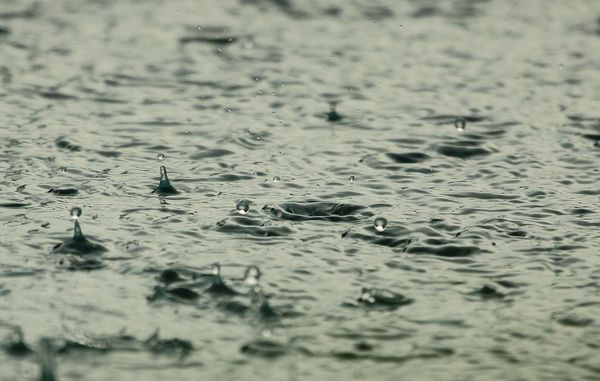
pH of pool water after rain
People who didn't sleep through their primary school lessons should have heard something about the circulation of water in the atmosphere. Water from oceans, seas, rivers and ponds evaporates and falls to earth in the form of rain. The composition of rainwater depends on the purity of the air, but one thing remains constant. Its pH oscillates around 6, which means that it is 'acidic'. When it enters the pool, the natural process is that it will lower its pH level. Therefore, the pool should be covered to minimise the amount of rainwater entering the water. This can be done with solar film, roller blinds or a canopy. This measure will maintain the pH of the water more permanently and the impurities that rainwater brings with it (fine pollen, soot, etc.) will not get into the water.
Without the right pH, nothing will work
The pH level should be checked very frequently, even every three days. This is done because it is the most important parameter needed to keep the water clean. The tests are very quick and easy to perform. With the right pH level, chemicals will work, bathing will be safe for our skin. There is nothing worse for a pool owner than water in poor condition.

It all depends on the manufacturer. It may be that the scale of some tests may have different colours. There may be different chemical pH indicators in strip tests, giving different colours at a given pH.
Z racji że test paskowy należy do grupy badań orientacyjnych, to ich wynik nie jest dokładny a mieści się w danym przedziale. Do dokładnych odczytów zalecane są fotometry lub stacje pomiarowe.
No, pH tells you whether the water is acidic or alkaline. The hardness of water is related to the amount of minerals in the water.
If the pH value is too far outside the ideal range, then bathing is possible. However, at inappropriate levels, chemicals become ineffective. This can cause problems in keeping the pool clean.
FAQ - Pytania i odpowiedzi
Ask a POOLSYSTEM.PL specialist

Tomasz Tomkowicz
Pool Technology Specialist
Thank you for reading our article, if you have more questions or need more specialized help - write to me using the form.
Look for answers in our knowledge base
Jestem bardzo zadowolona z usług tej firmy. Każdy nam odmawiał pomocy, nawet firma montująca basen. Pool system zjawił się i doprowadził basen sprzed paru lat do stanu używalności, co więcej dokonał napraw uszczelniających co spowodowało ze basen stał się w pełni sprawny. Naprawdę polecam !

Bardzo miła i sympatyczna obsługa oraz fachowe doradztwo techniczne.

Bardzo profesjonalna i cierpliwa obsługa. Odbierają telefony, wszystko dokładnie wytłumaczą, wysyłają praktycznie na drugi dzień każdą część którą potrzebuje klient. Pan Krzysztof z serwisu rzetelnie podpowie co zrobić i jak rozwiązać swój basenowy problem, jeśli chcemy majstrować przy basenie sami. Pan Paweł i Marcin też skarbnica wiedzy technologii basenowej. Dobre ceny. Polecam firmę i pozdrawiam zespół POOLSYSTEM

Jak budujesz basen to to miejsce jest dla ciebie, osprzęt, doradztwo i miła obsługa.

Super obsługa doradzi pomoże,ceny na duży plus .Polecam

Bardzo mili ludzie, to naprawdę profesjonaliści. Nie lubię zakupów, ale spotkanie z Nimi było bardzo przyjemne.







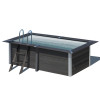
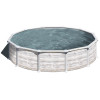
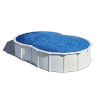
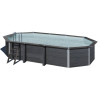
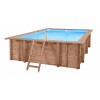
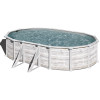
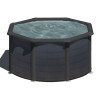








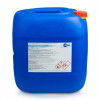
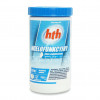
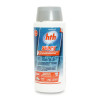
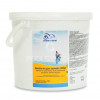
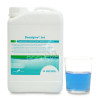
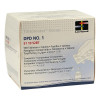





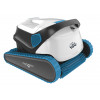




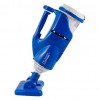




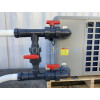
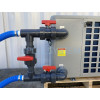
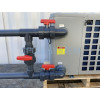











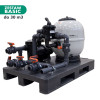
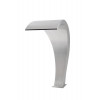
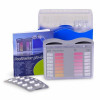
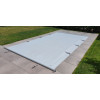












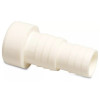
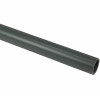
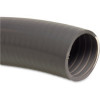
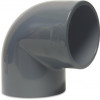
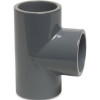
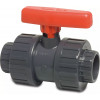
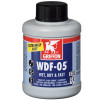
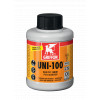







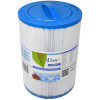
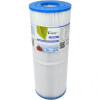
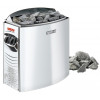





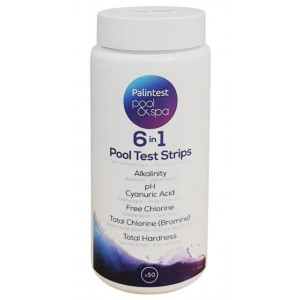

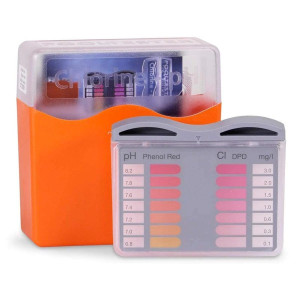



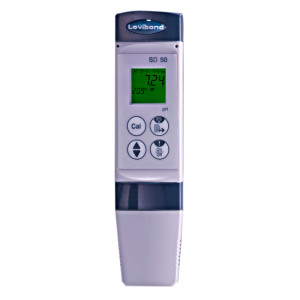

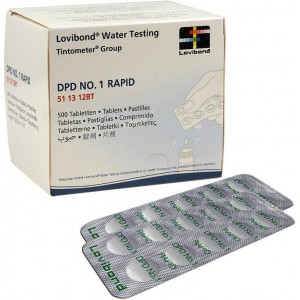

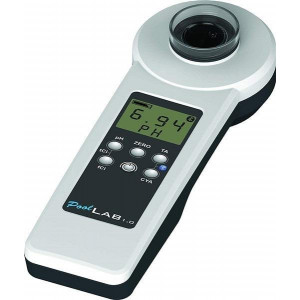

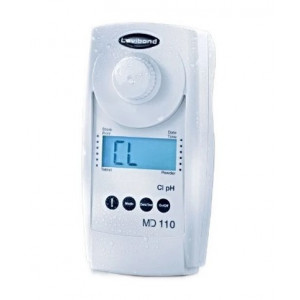

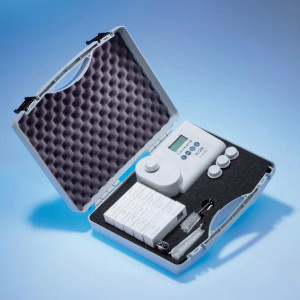


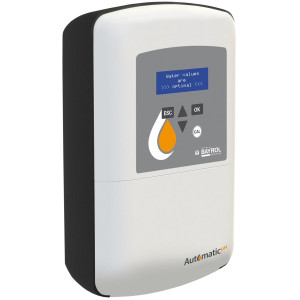

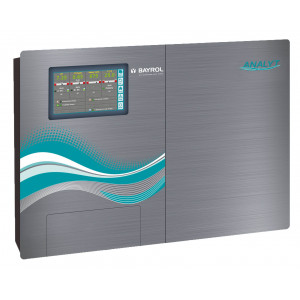

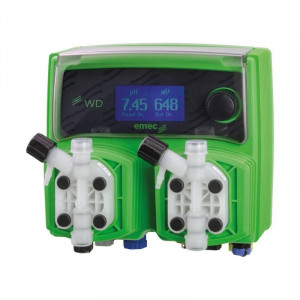

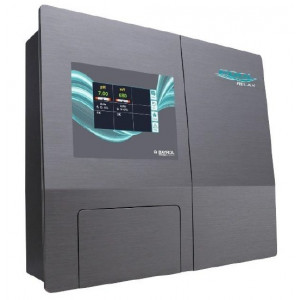

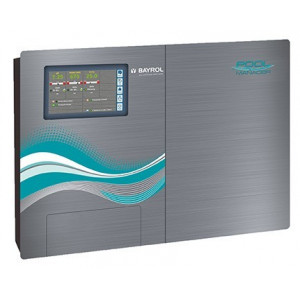

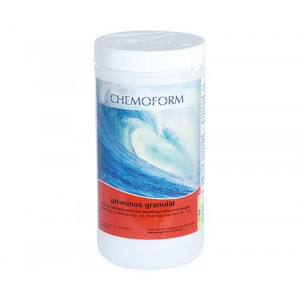
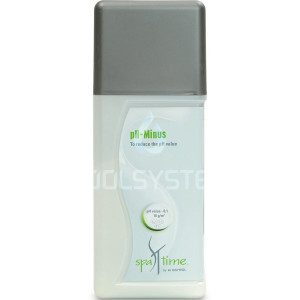

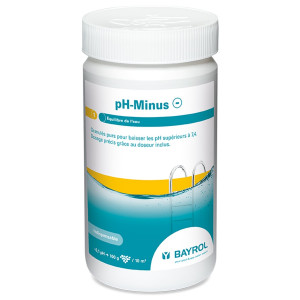
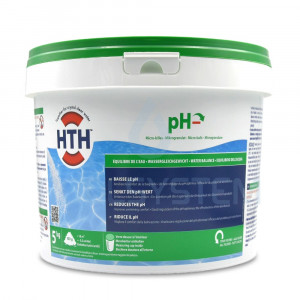

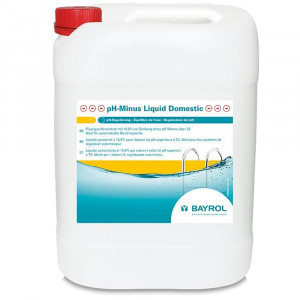
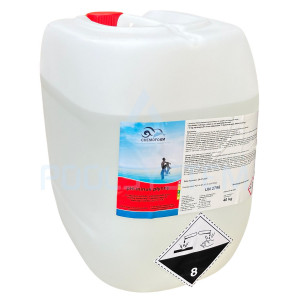
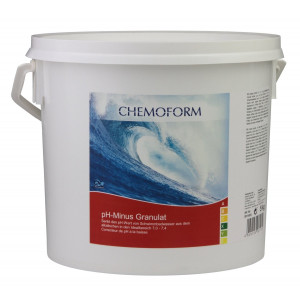
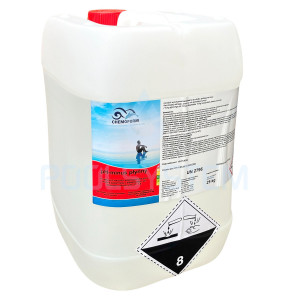
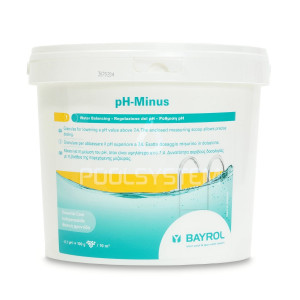

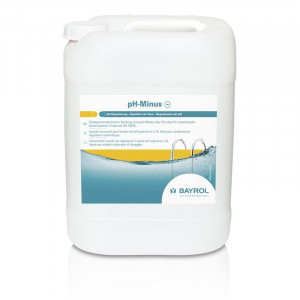
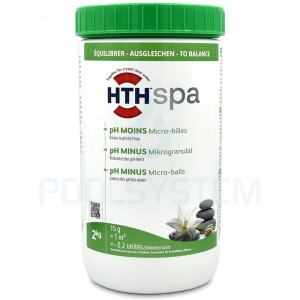


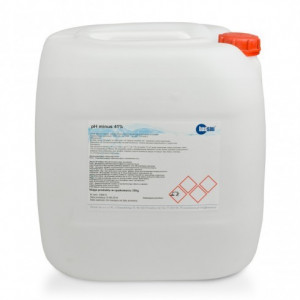
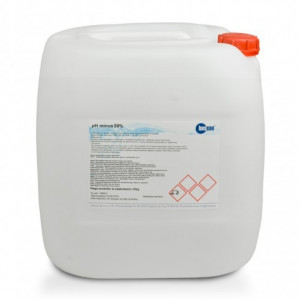
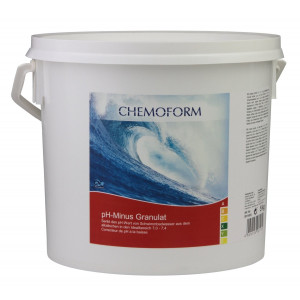
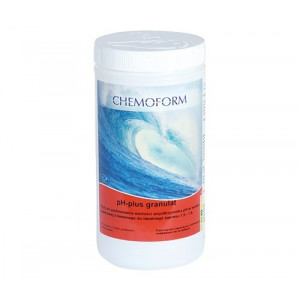
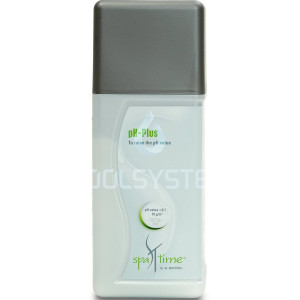

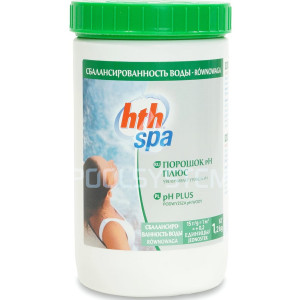
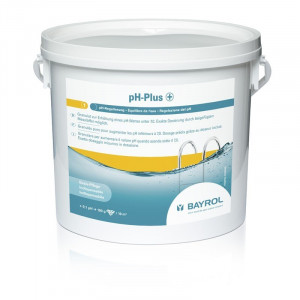
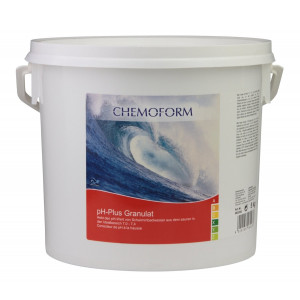
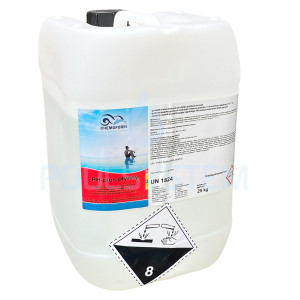
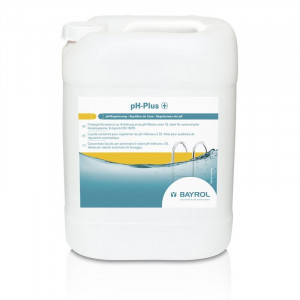
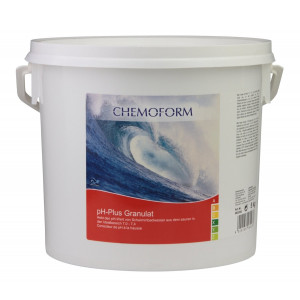

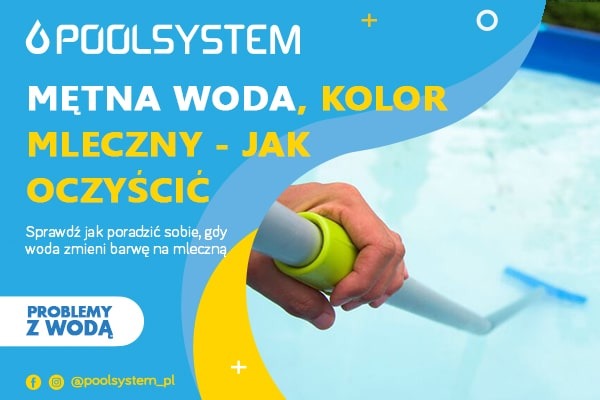

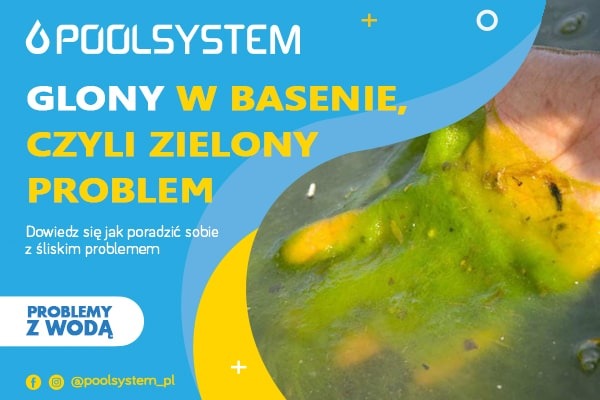
Comments (0)